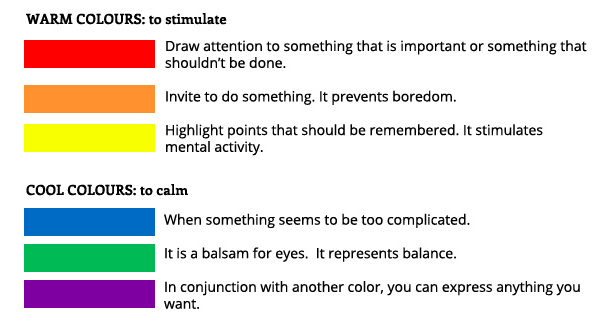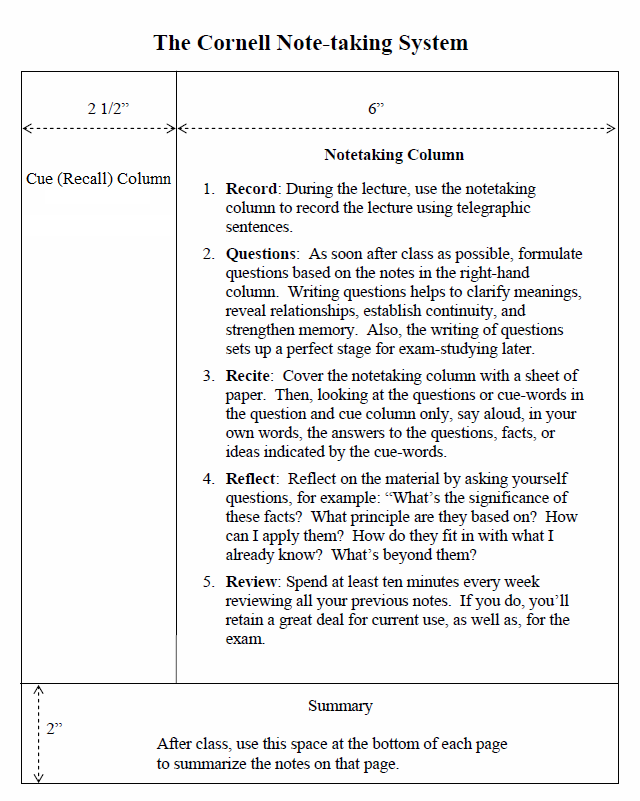
Note-taking is such a long and tedious process, especially for HSC Legal Studies Notes.
You’re constantly finding yourself desperately googling ‘HSC Legal Studies Notes’ or ‘Free HSC Legal Studies notes online’, only to get hit with notes that don’t even make sense.
In reality, it’s going to take you less time and effort to simply write your own HSC Legal Studies notes that are tailored just for you.
Here are just a few reasons why writing your own HSC Legal Studies Notes is going to be beneficial to you:
- Prevents forgetting – did you know that you forget almost half of what you hear or read within an hour?
- Records material that is likely to be in the exam
- Encourages concentration
So don’t opt for the easy way out by just typing out information from the textbook word-for-word and calling them ‘notes’!
But how do you save time and effort by writing your own notes?
You learn how to effectively compile a set of HSC Legal Studies Notes.
So, let’s get stuck into learning how to write really effective notes, specific to HSC Legal Studies Notes – ones that will push you in the right direction for a Band 6!
How to Take Study Notes During Class
How to Write Study Notes at Home
How to Write Study Notes Before Exams
How to Take Study Notes During Class
Cornell Method
Note taking is very subjective, as it is never the case of “one size fits all”. However, many Band 6 HSC students have found that the Cornell method has been very effective and practical.
This method is particularly useful for taking notes in class, especially with content heavy subjects such as HSC Legal Studies.
So, how exactly do you do it?
Step 1: Divide your page into 2 columns
- The left hand side should take up one-third of your page, and the right hand side, two-thirds
Step 2: Summarise and paraphrase your notes
- This will increase your memory retention as you are writing notes that make sense to you which will help you remember the content you learn in class
- By paraphrasing your notes, you are also promoting active engagement with the material
Step 3: Reflect on your notes
- Review your notes within 24 hours
- Use the smaller column to jot down the key ideas to consolidate your understanding
- Cover up the right-hand portion of your notes and recite the general ideas and concepts of the class from memory
- Overlap your notes showing only recall columns and use this for your review
Still a bit confused? Here’s an example:
HSC Legal Studies – Crime: Police Powers + Tasers | Wednesday 6th February 2019
| LEPRA 2002 (NSW) Effective as a tool to subdue, apprehend + disable suspects and hence protect the community w/o having to resort to firearms and lethal force Attempts to balance individual rights and rights and protection of the community Tasers have been misused due to police abuse of power and police brutality, hence hindering their effectiveness - Curti case | - Section 18 – outlawed overreliance on Tasers – can only use force that is “reasonably necessary” in their legal functions - Section 21 – Tasers only to be used in specific situations where there's a direct threat of death/violence, or if an officer is likely to be injured while trying to subdue or arrest a person - Man arrested in Sydney sword-off (SMH 2014) – effective use of Tasers in protecting violence from the community - If the officer had not fired the Taser, the consequences could have been tragic and result in the deaths of 2 police officers (A. Scipione) - Vital for law enforcement as it protects NSWPF, the individuals and the community - 2012 NSW Ombudsman Report How are Taser weapons used by the NSWPF? - in a majority of cases, Tasers were used appropriately and within guidelines - Since the introduction of Tasers, there has been an ongoing downward trend in the number of injuries to police caused by assaults - 44 recommendations for better regulation e.g. accountability framework + better training - Anna Brown (Human Rights Law Centre) - Tasers must not be used as a weapon of first choice – but far from the case due to inconsistencies of police misuse of Tasers - Roberto Curti (2010) – 4 police officers charged w/ assault (SMH 2014); limited effectiveness of criminal investigation process in achieving justice, esp. for victims of crimes committed by police as they were charged with assault rather than manslaughter - Unnecessary and unreasonable use of Tasers by police was “reckless and excessive”, with Curti being tasered 14 times (Coroner Mary Jerram) - NSWPF has spent $1.2 million in legal fees defending 4 police officers involved in Curti’s death (Freedom of Information laws, 2016) |
| Police are still using Tasers as a weapon of first rather than last resort and thus, continue to abuse their powers despite legislative frameworks. This is contrary to the suggestions outlined in the 2012 Ombudsman Report and state legislation such as LEPRA 2002 (NSW). |
Get confident and stress less for your HSC Legal Studies exam with personalised tutoring support 1-1 in your own home or online with our expert tutors.
How to Write Study Notes at Home
At home, make your detailed set of HSC Legal Studies notes, which you will use throughout the year for revision and study before assessments and exams.
Step 1: Use large, bold headings for the syllabus dot points
Large bold headings will make it much easier to locate what you’re looking for.
To do this, the HSC Legal Studies syllabus is your best friend by writing your notes according to the syllabus dot points!
I’m sure we’ve all heard the argument on whether handwriting or typing your study notes up is more beneficial. However, to increase the efficiency of the process I recommend typing your notes up because of the extensive content your need to cover!
Want to include some responses to practice questions in your study notes? Have a go at our HSC Legal Studies Crime practice questions!
Step 2: Jot down any information you deem relevant
It is totally fine to type down everything, as long as it is relevant to what you are learning or writing about in your essay/s.
Use your own judgement in this step. Make sure to include at least one legislation and case for each dot point.
Once you’ve done that, summarise them and paraphrase your notes in a way that is easy to understand and remember.
Keep in mind that these are your notes and your method of making study notes might not necessarily be the same as your peers. So for example, if it works for you, don’t be afraid to use colloquial terms such as “cops bad w/ Tasers e.g. Curti”.
Step 3: Don’t be afraid to use colour
Print out your notes and have a colour code when you are highlighting your notes.
Colour improves recall time for graphs and charts, and can be a “a very effective performance factor“.
However, do not overdo the colour! You don’t want to highlight the entire page as you won’t be emphasising anything!
Here’s an example of a colour coding system you could use:
- Orange for key ideas
- Yellow for legal opinion and quotes
- Pink for legislation
- Green for cases and case law
- Blue for syllabus dot points that require more attention

How to Write Study Notes Before Exams
The final scramble before an exam is always the most stressful.
However by now, you should be fairly familiar with the content. So your only job with your HSC Legal Studies study notes is to ensure your substantiation of LCMs (Legislation, Cases and Media) are cutting edge and up-to-date.
It’s also a good idea to hand-write key points that you are still struggling to memorise or get your head around. Before an exam, make your condensed set of notes.
Step 1: Reduce, reduce, reduce
It might sound impossible and quite absurd to do so, but I suggest cutting down your notes to two A4 pages per module.
Ideally, you want them to be the only notes you refer to on the morning of the exam. Not only will it relieve a lot of stress, but it will also make memorising less tedious since you are studying in smaller chunks rather than reading 5 long paragraphs in a row.
Here is an example of my exam summary notes. As you can see, I have purposefully left out some syllabus dot points. I suggest you do the same if you are confident that you have adequately prepared for that particular section, and that you can answer any question related to the topic.
Step 2: Use index cards or flashcards
Flashcards are one of the most useful study tools as it promotes studying through active recall.
According to cognitive psychologists, active recall is one of the practices through which our brains learn most effectively.
One of the most productive ways you can use flashcards is to make two piles of flashcards – one with different terms and concepts, and the other pile with questions.
Tip: This method is VERY useful for when you study Human Rights!
| Pile 1 | Pile 2 |
|---|---|
| - Describe this concept without using any key words written on the flashcard - Draw this concept - Give a real life example of this concept - How would you explain this to a child/someone who has never heard of it before? - What is the opposite of this concept? - Why is knowledge of this concept useful to you? - Make an acronym for the legislation that is easy to remember | - Abolition of slavery - Trade unionism and labour rights - Universal suffrage - Universal education - Self-determination - Environmental rights - Peace rights - Bill of Rights - State sovereignty - Process of incorporating human rights into domestic law |
Then, just randomly pick up one card from each pile and answer it accordingly. It’s as simple as that!
Reading this article the night before your HSC exam? Our guide to preparing the night before your Legal Studies exam is here to help!
Looking for extra help with HSC Legal Studies?
We pride ourselves on our inspirational HSC Legal Studies coaches and mentors!
We offer tutoring and mentoring for Years K-12 in a variety of subjects, with personalised lessons conducted one-on-one in your home or at one of our state of the art campuses in Hornsby or the Hills!
To find out more and get started with an inspirational tutor and mentor get in touch today!
Give us a ring on 1300 267 888, email us at [email protected] or check us out on TikTok!
Frances Tso recently graduated from Sydney Girls High School in 2016 and is known among her friends as the crazy dog lady without a dog. With an avid interest in the dynamics of global change, she decided her HSC major work was not enough to quench her thirst as to how regional interactions impact political and cultural relationships. So, she has decided to study International Studies at UNSW, majoring in International Relations. In her spare time, Frances is either teaching violin, re-watching episodes of Friends for the twentieth time, or perfecting the art on how to be a dog aficionado.



